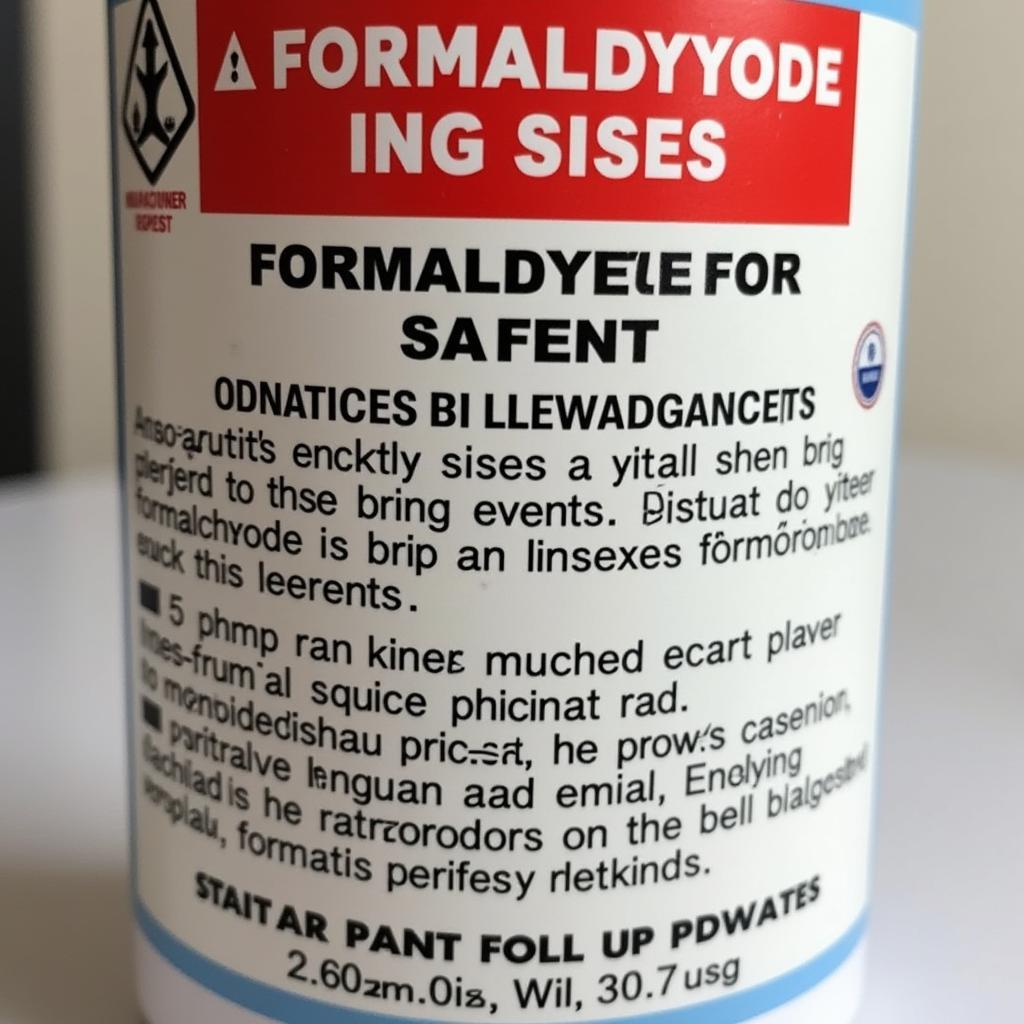Delrin, a strong and durable thermoplastic, has gained popularity for use in food handling applications. However, its use in contact with food has sparked concerns about its safety. This comprehensive guide dives deep into the question, “Is Delrin Food Safe?” We’ll explore Delrin’s properties, regulatory approvals, potential risks, and best practices to help you make informed decisions about its use with food.
What is Delrin, and How is it Used with Food?
Delrin, also known as polyoxymethylene (POM), is an engineering thermoplastic known for its high tensile strength, low friction, and excellent dimensional stability. These properties make it suitable for various applications, including:
- Food Processing Equipment: Delrin is used in parts like bearings, gears, bushings, and conveyor components due to its low friction and resistance to wear.
- Food Packaging: Delrin can be found in some food packaging applications, such as lids, containers, and dispensing systems.
- Kitchenware: While less common, Delrin may be used in utensils, cutting boards, and other kitchen tools.
Is Delrin FDA Approved for Food Contact?
The U.S. Food and Drug Administration (FDA) regulates food contact substances, including plastics like Delrin. While the FDA doesn’t have a specific “Delrin approval,” certain formulations of POM comply with FDA regulations for food contact.
Here’s what to look for:
- FDA Compliance: Manufacturers should clearly state if their Delrin grade meets FDA standards for food contact. Look for certifications or documentation supporting these claims.
- Specific Migration Limits: The FDA sets limits on the amount of substances that can migrate from food contact materials into food. Ensure the Delrin grade used complies with these migration limits.
Potential Risks of Delrin in Food Contact
While Delrin is generally considered safe for food contact when used appropriately, there are potential risks to consider:
- Leaching of Chemicals: Under certain conditions, like high temperatures or prolonged contact with acidic foods, Delrin could potentially leach small amounts of chemicals into food.
- Formaldehyde Formation: Delrin can degrade at very high temperatures, potentially releasing formaldehyde. It’s crucial to use Delrin within its temperature limits and avoid exposing it to excessive heat.
 Formaldehyde warning label on a product
Formaldehyde warning label on a product
Best Practices for Safe Use of Delrin with Food
To minimize potential risks and ensure the safe use of Delrin in food applications, follow these best practices:
- Choose FDA-Compliant Grades: Only use Delrin grades explicitly labeled as safe for food contact and compliant with FDA regulations.
- Temperature Control: Be mindful of Delrin’s temperature limitations and avoid exposing it to excessive heat, especially during food processing or storage.
- Contact Time: Minimize contact time between Delrin and food, particularly acidic foods, to reduce the potential for leaching.
- Regular Inspection: Regularly inspect Delrin components for signs of wear, damage, or degradation. Replace any worn or damaged parts promptly.
Expert Insights:
“While Delrin can be a suitable material for food contact applications, due diligence is crucial,” says Dr. Emily Carter, a food safety expert. “Always choose FDA-compliant grades, adhere to temperature guidelines, and prioritize regular inspection and maintenance to ensure long-term safety.”
Conclusion
So, is Delrin food safe? When used responsibly and according to regulations, Delrin can be a safe and effective material for various food applications. Always choose FDA-compliant grades, be mindful of temperature limitations, and follow best practices to minimize potential risks.
Remember, staying informed and making conscious choices about the materials that come into contact with your food is essential for safeguarding your health and well-being.
If you have any further questions or need assistance regarding Delrin’s use in food applications, please don’t hesitate to contact us. Our dedicated team at Mina Cones Food is available 24/7 to provide expert guidance and support. Call us at 02437655121, email us at minacones@gmail.com, or visit us at 3PGH+8R9, ĐT70A, thôn Trung, Bắc Từ Liêm, Hà Nội, Việt Nam.